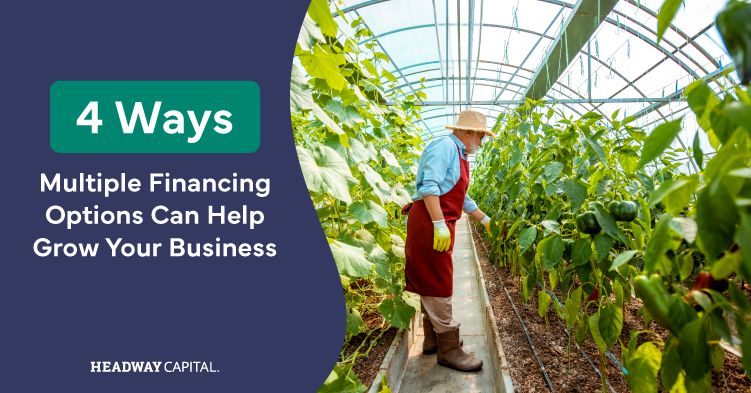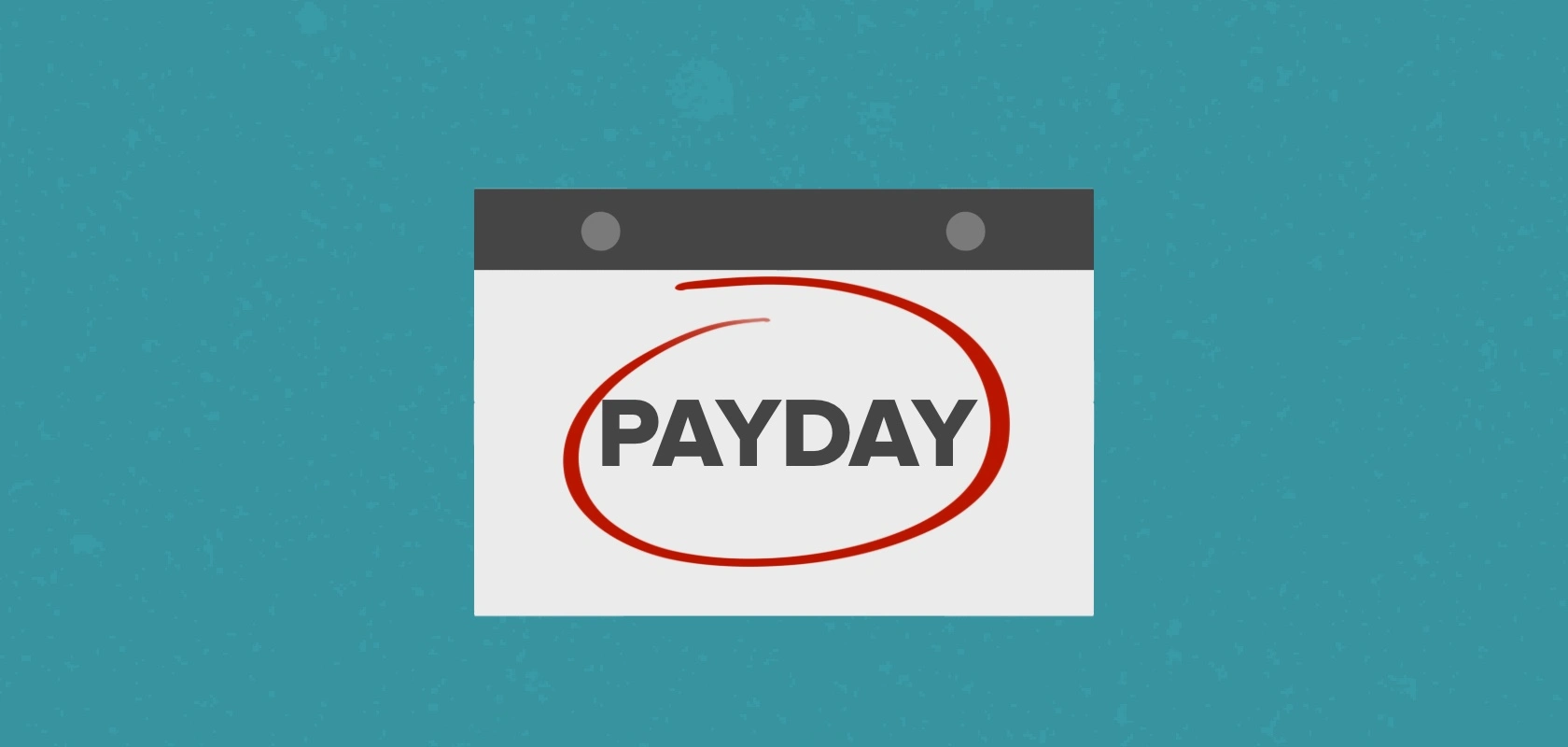
Hong Kong will scrap some of its last Covid-19 restrictions that have crushed the city’s economy and battered its reputation as a financial hub.
From Wednesday, travellers to Hong Kong will be allowed to visit restaurants and bars within their first three days of arrival, while residents will no longer have to scan a contact tracing app to enter pubs, churches, gyms and other public venues.
The decision follows Beijing’s U-turn on its zero-Covid policy this month. The Chinese mainland jettisoned a swath of rules aimed at eliminating cases after rising economic and social costs from prolonged lockdowns and mass testing sparked rare nationwide protests.
China has now scaled back testing and contact tracing amid the biggest Covid outbreak since the pandemic started in Wuhan in 2020.
“We have considered the data and risk, and one of the factors considered was the risk brought in by imported cases is actually lower than the risk of infection in the community,” John Lee, Hong Kong’s chief executive, said on Tuesday.
“You will no longer to scan the LeaveHomeSafe [contact tracing] pass, but . . . you will need to show your vaccine pass for entry.”
On Tuesday, Hong Kong, a city of 7.5mn people, recorded 14,717 new cases.
Despite the significant easing of restrictions, the city’s pandemic rules remain more stringent than those in many other global cities. Wearing masks outdoors, for instance, is still mandatory.
Visitors will still also have to test on arrival in the Chinese territory and endure a compulsory five-day isolation period if they return a positive result.
While Hong Kong was not subject to the extreme restrictions seen in mainland China, it maintained an elimination policy and weeks-long government quarantines until a devastating outbreak made the measures redundant at the start of this year.
The measures effectively sealed the city off from the rest of the world and spooked international business, especially after medical authorities separated some parents from their children after they contracted Covid.
Hong Kong’s reputation as a stable business hub had already been rocked by a political crackdown that followed pro-democracy protests in 2019.
Since September, Hong Kong has slowly eased restrictions and scrapped hotel quarantine for incoming passengers. In November, the Hong Kong Sevens rugby tournament returned for the first time since 2019.
The city’s economic recovery, however, has been hamstrung by the continued closure of its border with the mainland, which has halted the flow of Chinese tourists.
Hong Kong’s gross domestic product fell 4.5 per cent year on year in the third quarter of 2022, which the government blamed on stagnant cross-border flows with the mainland and tricky global conditions.
“The real GDP growth forecast for 2022 as a whole is revised down to -3.2%, from -0.5% to 0.5% as announced in the August round of review,” Adolph Leung, the Hong Kong government economist, wrote last month.
Hong Kong’s economy depends on its role as a gateway to the rest of China, but city residents crossing the border still have to quarantine.
Lee, however, said that could change. “Our target has always been to resume such travel as soon as possible . . . very soon hopefully there will be some enabling arrangement.”







